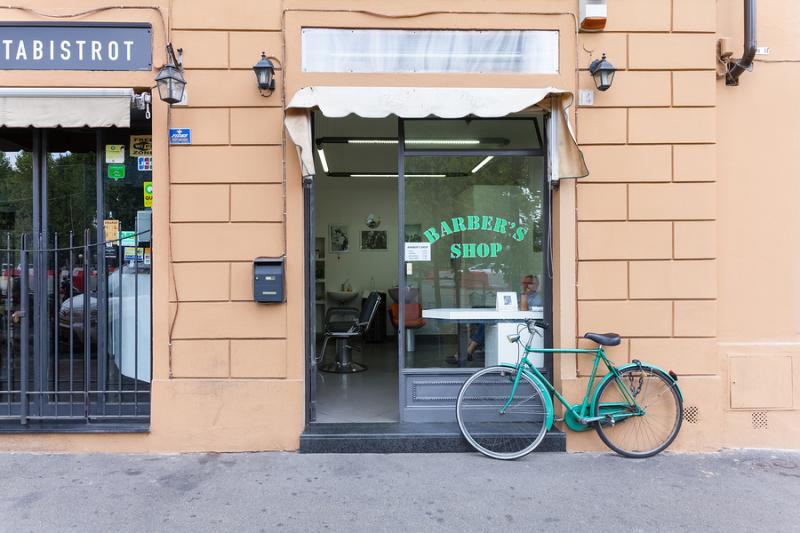Words by Pat Eggleton
We are going back to basic grammar today, with a look at a group of verbs which often worry learners, the so-called reflexive verbs. They are really not so difficult and we even have some in English!
A reflexive verb is a verb like “enjoy oneself” in which the idea of “oneself” is implicit. In Italian some reflexive verbs have meanings which reflect daily routine, for example:
Alzarsi – to get up
Vestirsi – to dress oneself
Did you notice that they both end in “si”? That is the reflexive pronoun, the part that means “self”.
Some other common reflexive verbs in Italian are:
Svegliarsi – to wake [oneself] up
Lavarsi – to wash oneself [have a wash]
Pettinarsi – to comb one’s hair
Sedersi – to sit down
Sentirsi – to feel
Spogliarsi – to undress
Addormentarsi – to fall asleep
and, of course, because this is Italian …. innamorarsi – to fall in love !
You probably know part of one reflexive verb already.
You are using a reflexive verb when you say:
Mi chiamo – “My name is…” [literally “I call myself…”]
So now we are going to look at the whole present tense conjugation of alzarsi – to get up. The verb is a regular – are verb but we have to put the reflexive pronouns before it:
[io] mi alzo - I get [myself] up
[tu] ti alzi – you [familiar] get [yourself] up
[lui / lei /Lei] si alza – he / she / you [polite] gets / get [himself / herself / yourself] up
[noi] ci alziamo – we get [ourselves] up
[voi] vi alzate - you [plural] get [yourselves ] up
[loro] si alzano - they get [themselves] up
The secret of conjugating these verbs is not to panic but to take it in stages:
first, put the right ending on the verb;
then add the reflexive pronoun.
Now your turn. Try to conjugate the verb chiamarsi.
[io] mi chiamo
[tu] _______ _________
[lei /lui] _____ ________
[noi] ______ _______
[voi] ______ _______
[loro] ______ ______
Next week we’ll look at reflexive verbs in the past tense.
In the following video:
A song by Al Bano "M'innamoro":













